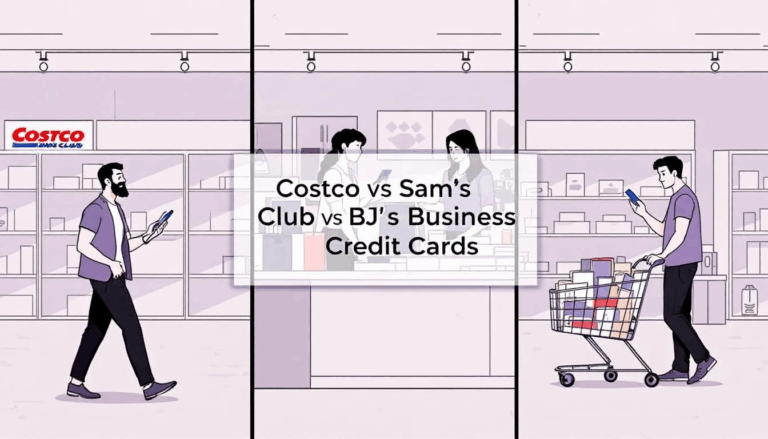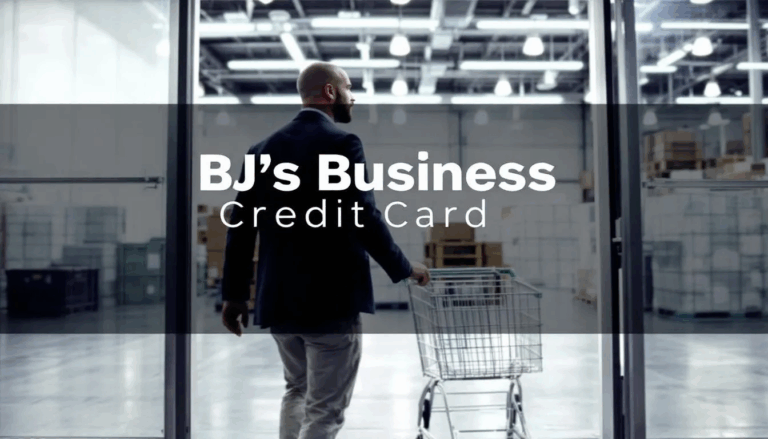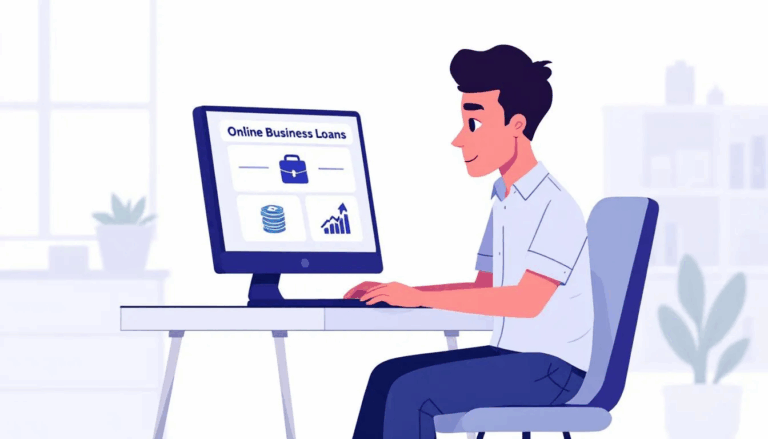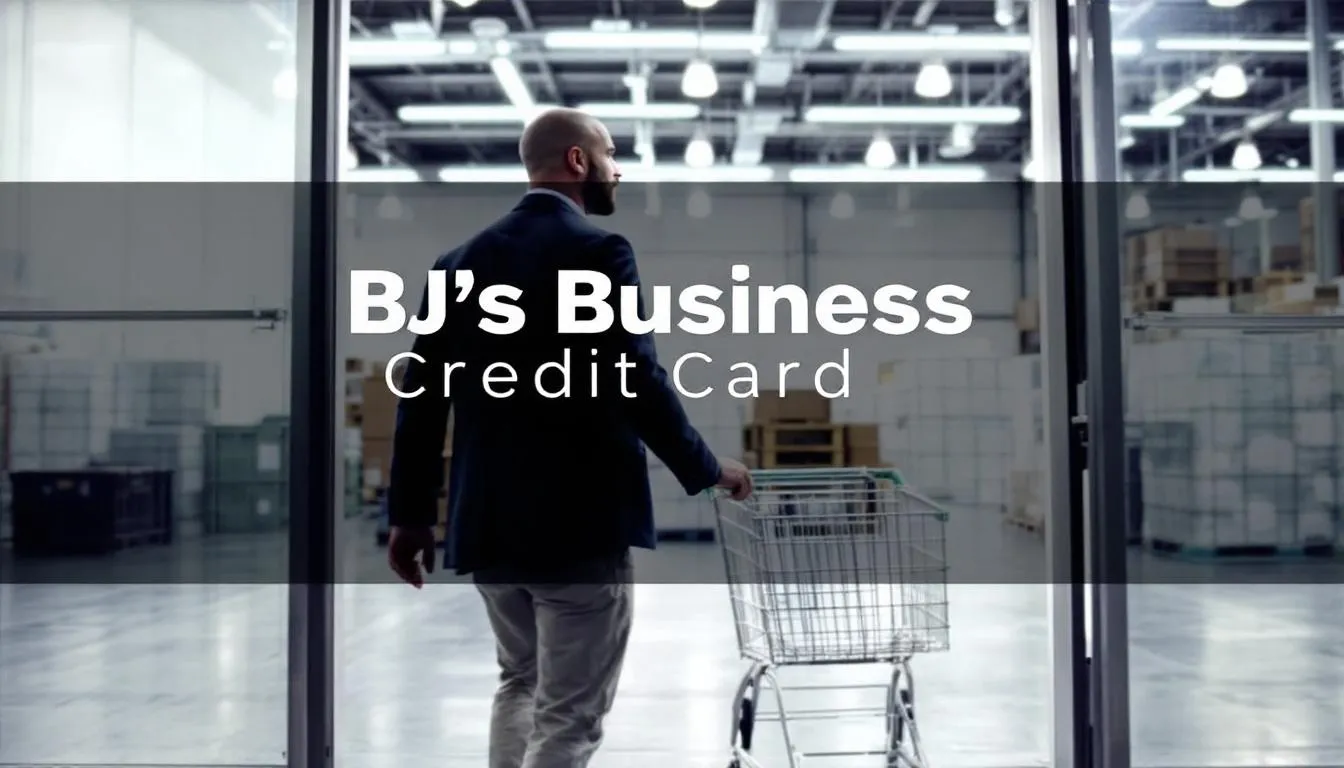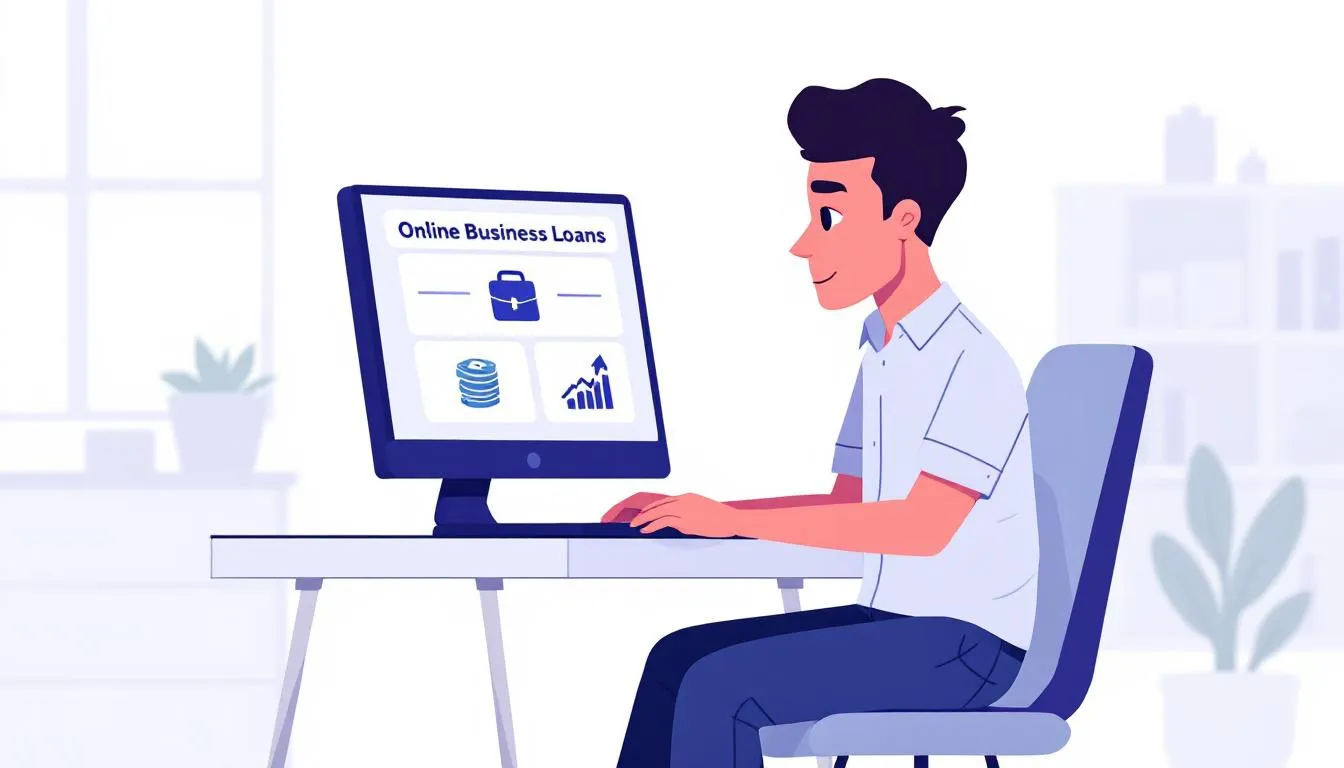How do Credit Scores impact Business Loan eligibility?
Credit scores play a crucial role in determining business loan eligibility. Lenders assess these scores to evaluate the creditworthiness of potential borrowers. Business lenders typically consider the business’s credit score and the personal credit score of the business owner(s).
Personal Credit Scores
Most lenders review your personal credit to determine financial responsibility and the likelihood of repayment. This is especially true of younger businesses or those without an extensive business credit history.
The higher the credit score, the lower the lender’s risk. A higher credit score of 670 or above generally means you’ll be eligible for funding with more attractive terms. An excellent credit score of 800 or higher yields the lowest rates and best terms. Business owners with good to fair credit typically get subprime rates.
The majority of lenders use FICO scores when determining creditworthiness. Understanding FICO credit score ranges is essential to knowing how lenders view your score. The ranges are:
- Excellent: 800-850
- Very good: 740-799
- Good: 670-739
- Fair: 580-669
- Poor: 579 and below
Typically, the lender pulls the business owner’s credit report, which contains their personal credit history. An individual’s credit history includes any revolving credit accounts, like personal credit cards, installment loan accounts, like car loans or mortgages, rental history, and possibly utility accounts.
Creditors, such as credit issuers or lenders, report payment activity, balances, and other relevant information to any of the three major credit bureaus: Experian, Equifax, and TransUnion. Creditors can report to all three, just two, or just one, so credit reports and FICO scores can vary between the credit reporting agencies.
The credit bureaus use the information in your credit report to calculate FICO scores using the following factors:
Payment history: 35% – Payment history is the most critical factor for your FICO scores. Consistent on-time payments are the most sustainable way to build and maintain good credit. On the other hand, even one late payment can lower your score. Defaults and write-offs can significantly reduce your score and make it challenging to repair your credit.
Credit utilization: 30% – Credit utilization refers to the amount of revolving credit you currently use. For example, if you have a $1,000 balance on a credit card with a $5,000 credit limit, your credit utilization ratio is 20%. Experts recommend keeping credit utilization below 30% for good credit and ideally below 10% for the best credit scores.
Credit mix: 15% – Credit mix refers to having multiple types of credit in your history. This includes revolving credit and installment loans. A mix of credit demonstrates the ability to manage different kinds of debt effectively.
Length of credit history – 10% – Older credit accounts suggest stability and strong relationships with creditors. The more accounts age, or season, the better the impact on your credit score.
New credit – 10% – Applying for new credit can temporarily lower your FICO score by as much as 5 points if the creditor conducts a hard credit pull. Soft credit checks shouldn’t affect your score. New credit applications stay on your credit report for two years, but only affect the credit score for the first year. While the effect is temporary, it’s best to avoid applying for too many new accounts in a short period.
Business Credit Scores
Business credit scores are similar to personal credit scores, but they are specifically tailored to assess the creditworthiness of a business rather than an individual. Lenders, suppliers, and other businesses use these scores to evaluate the financial risk of doing business with a particular company.
Business credit scores comprise a business’s financial history. Factors such as the company’s payment history, debt-to-credit ratio, and overall financial stability determine the business credit score. A strong business credit score can help a company secure better financing terms, access larger lines of credit, and establish credibility with potential partners and suppliers. Maintaining a good business credit score is essential for long-term financial success and growth, like personal credit scores.
The three major business credit bureaus are Dun & Bradstreet, Experian Business, and Equifax. There are also several niche business credit bureaus. There are more business credit scoring models with different score ranges than personal credit scores.
Many business credit scores use a range of 0-100, with 75 and above considered good credit. The FICO Small Business Scoring Service (FICO SBSS) ranges from 0 to 300.
| Dun & Bradstreet PAYDEX | Experian Intelliscore Plus | Equifax Payment Index Score | FICO SBSS | |
|---|---|---|---|---|
| Low Risk | 80-100 | 76-100 | 0-10 | 140-160 |
| Medium Risk | 50-79 | 51-75 | 11-20 | 120-139 |
| Moderate Risk | 40-49 | 26-50 | 21-40 | 101-119 |
| High Risk | 0-39 | 1-25 | 41-100 | 0-100 |
What are the Minimum Credit Score Requirements by lender type?
The required credit score for a business loan depends on various factors, including the type of lender. For example, a business term loan from a bank will likely have a higher minimum credit score than the same loan from a nonbank lender. Most lenders will give you a loan if you have a personal credit score of 670 or higher.
Traditional Lenders (700+)
Traditional lenders like banks and credit unions typically have the highest minimum credit score requirements. While there might be some exceptions, most traditional business loans require a minimum credit score of 700 or over. In addition, traditional bank loans typically require collateral, high revenue, and several years in business. However, small businesses that qualify for traditional loans can normally get the lowest interest rates.
SBA Lenders (650+)
SBA loans are often considered the gold standard of small business financing. The US Small Business Administration (SBA) partially guarantees these loans, providing lenders with the security to offer higher loan amounts with low interest rates and longer repayment terms.
However, you cannot apply directly to the SBA. Instead, small business owners must apply to an SBA-approved lender, which could be a bank, credit union, or alternative lender. The SBA doesn’t set a minimum FICO score, but most SBA lenders require a minimum score between 650 and 675. The SBA does set a minimum FICO SBSS score of 155.
Alternative Lenders (475-650+)
Alternative business lenders refer to various nonbank, online, and fintech lenders that provide alternatives to traditional bank loans. Most alternative lending options are online lenders that use financial technology (fintech) platforms to quickly evaluate business loan applications using a comprehensive view of the company’s financials.
Since these lenders look at factors beyond credit scores, like revenue, cash flow, and projected growth, they’re typically more lenient on minimum FICO score requirements. Alternative lenders may accept lower credit scores (500-600) for business loans.
In addition, some nonbank options offer alternative business funding options, such as merchant cash advances, which may not require a credit check. You may occasionally see online lenders offering no-credit-check business loans, but these typically refer to loans with a soft credit pull only.
Community Development Financial Institutions (CDFIs) & Nonprofits (Varies)
CDFIs are known to be more flexible in lending practices than traditional banks. While some CDFIs may not have strict minimum credit score requirements, others may still consider credit history as part of their evaluation process. Nonprofit business lenders also tend to focus more on the business’s overall financial health and potential rather than solely relying on credit scores.
What are the Minimum Credit Score Requirements by Business Loan type?
Minimum credit score requirements can also vary between business loan types because each loan represents a different risk level for the lender. It’s important to remember that credit scores also impact loan amounts, interest rates, and terms. So, while you might still qualify for a loan, a lower FICO score might mean getting less favorable loan terms.
For example, loans with collateral, known as secured loans, typically have lower rates and higher approval odds than unsecured business loans, which don’t have collateral. Lenders consider other key factors, such as annual revenue and cash flow projections, when you apply for a business loan.
Here are the minimum credit scores by loan type for approved businesses that we work with here at UCS.
| Loan Type | Minimum Credit Score |
|---|---|
| Business term loan: | 550+ |
| Business line of credit: | 575+ |
| Equipment financing: | 475+ |
| Invoice factoring: | 500+ |
| Merchant cash advance: | 475+ |
| Revenue-based financing: | 525+ |
| SBA loans: | 675+ |
| Working capital loans: | 500+ |
Business Term Loans
Business term loans are financing options where a business borrows a lump sum amount and repays it over a set period with a fixed interest rate. These loans are typically used to purchase equipment, expand operations, or cover significant expenses. The repayment terms and interest rates for business term loans are based on the borrower’s creditworthiness, financial history, and the amount borrowed. Short-term loans typically have lower credit score requirements than long-term loans.
Business Line of Credit
A business line of credit is a flexible financing option that allows businesses to borrow funds up to a set credit limit. It works similarly to a credit card, where the company can withdraw funds as needed and only pay interest on the amount borrowed. This type of financing can help businesses manage cash flow fluctuations and cover unexpected expenses.
Equipment Financing
Equipment financing is a type of business loan specifically used to purchase equipment or machinery for a company. This type of financing allows businesses to acquire the necessary equipment without paying the total amount upfront, making it easier to manage cash flow. The equipment itself typically serves as collateral for the loan, making it a secured form of financing. Equipment loans may require a credit score as low as 550 due to the collateral provided.
Accounts Receivable Factoring
Accounts receivable factoring is an alternative financing option where a business sells its accounts receivable to a third party, known as a factor, at a discount. The factor then collects on the invoices from the business’s customers. This can provide immediate cash flow for the business without waiting for customers to pay their invoices.
Merchant Cash Advance
A merchant cash advance is a type of alternative business funding where a funder provides a lump sum payment to a business in exchange for a percentage of future credit card sales. Businesses with fluctuating revenue streams typically use this form of financing, as repayment is directly tied to daily credit card transactions. The best merchant cash advances are known for their quick approval process and flexible repayment terms.
Revenue based Financing
Revenue based financing is a type of funding in which a business receives capital in exchange for a percentage of its future revenue. This form of financing is often used by businesses with consistent revenue streams that may not qualify for traditional loans due to credit score requirements. The repayment amount fluctuates based on the company’s revenue, making it a flexible option for businesses with varying income levels. Approval often hinges more on the business’s cash flow than credit scores.
SBA Loan
SBA loans are government-backed loans designed to help small businesses access financing that they may not otherwise qualify for through traditional lenders. These loans offer favorable terms, such as lower down payments and more extended repayment periods, making them an attractive option for small business owners looking to grow their businesses.
Various SBA loan program options include:
- SBA 7(a) Loan Program
- SBA 504 Loan Program
- SBA Microloan Program
- SBA Disaster Loans
- SBA CAPLines
- SBA Export Loans
- SBA International Trade Loans
Working Capital Loans
Working capital loans are business financing solutions that provide funds to cover day-to-day operational expenses, such as payroll, inventory, and rent. Businesses typically use these loans to help manage cash flow fluctuations and maintain smooth operations without disrupting their regular business activities. Working capital loans are often short-term and can be secured or unsecured, depending on the lender’s requirements and the borrower’s creditworthiness.
How do I apply for a Small Business Loan?
You can apply for a small business loan through our lender network by following these steps:
Step 1 – Apply online in a few minutes: Use our simple online application to submit a request for business funding. If you need any help along the way, give us a call, chat, or email.
Step 2 – Get expert advice on loan options: An expert, knowledgeable account executive will walk you through all the fine details and requirements. This is to ensure you have all the info you need.
Step 3 – Finalize your application and get funded: Once your funding has been approved and closed, the lender sends the funds to your account so you can start using them to grow your business.
Frequently Asked Questions
Here are the most common questions about minimum credit score requirements for small business loans.
How can I improve my Personal Credit Score for Business Loans?
The following suggestions can help you improve your credit, but keep in mind that your scores can take time to increase. This is especially true if you have severely damaged credit due to severe issues like bankruptcy or foreclosure.
Avoid Missing Payments: Never missing a payment is the most crucial action to build or maintain good credit. This also means getting caught up on outstanding payments.
Lower Credit Utilization: If your credit score is low due to high credit utilization (over 50%), lowering it can be the quickest way to boost your score. Aim for a credit utilization under 30%, or ideally 10%.
Maintain a Credit Mix: It’s a good idea to have various types of credit in your file.
Don’t Close Older Accounts: Even if you aren’t using a credit card, don’t close out any older or more established accounts, as this can shorten the average length of credit history.
Avoid Applying for New Credit: Apply for a new credit card or loan only if necessary, to consolidate debt or lower credit utilization.
Consider Credit Building or Repair Products: A debt consolidation loan can reduce credit utilization and organize your debt into one convenient monthly payment. You might also consider a balance transfer card, especially with a low or 0% intro APR. Secured credit cards and credit-builder loans can also help repair or build credit history.
How do I establish and build a good Business Credit Score?
The following steps can help establish and build good business credit.
- Separate Personal and Business Finances: The first step in establishing a good business credit score is to separate your personal and business finances. Open a business bank account and obtain a separate business credit card to start building credit under your business’s name.
- Obtain an Employer Identification Number (EIN): An EIN is like a Social Security number for your business and is necessary for establishing business credit. You can quickly obtain an EIN for free from the IRS website.
- Register Your Business: Registering your business as a legal entity, such as an LLC or corporation, can help establish credibility with lenders and suppliers, which can positively impact your business credit score.
- Establish Trade Lines: Start building credit by establishing trade lines with vendors who report payments to business credit bureaus. Paying these bills on time will help boost your business credit score.
- Monitor Your Credit Report: Regularly monitor your business credit report to check for errors or inaccuracies that could negatively impact your credit score. Disputing and correcting any errors promptly can help maintain a good credit rating.
- Pay Bills on Time: One of the most critical factors in building a good business credit score is paying your bills on time. Late payments can significantly lower your credit score, so promptly pay all invoices.
- Apply for a Business Credit Card: By applying for and using a business credit card responsibly, you can help build your business credit score. Make sure to pay off the balance in full each month to avoid accruing interest and damaging your credit.
- Establish a Line of Credit: Once you have built up some credit history, consider applying for a business line of credit. This can provide your business with access to funds when needed and help further establish your creditworthiness.
Is there a Minimum Credit Score Requirement to start a business?
There is no specific minimum credit score required to start a business. However, having a good personal credit score can make securing financing and favorable terms for your business easier. Building a strong credit history early on can benefit your business in the long run.
Are there Small Business Loan options for Bad Credit?
A low credit score doesn’t necessarily mean you can’t access business funding. You could potentially access the best bad credit business loans through our lender network with the following:
- Loan amounts: $1k – $5 million
- Factor rates: 1% – 6%
- Term: 3 months – 5 years
- Funding speed: 1-3 business days
- Minimum credit score: 475+
Bad credit business loans work by providing funding to small businesses with less-than-perfect credit scores. Lenders may look at other factors, such as business revenue, cash flow, and profitability, to determine eligibility for a loan. Interest rates on these loans are typically higher to offset the risk of lending to businesses with bad credit.
Bad Credit Business Pros & Cons
Pros:
- Access to funding for businesses with poor credit.
- Opportunity to improve credit score by making timely payments.
- It can help small businesses stay afloat during tough times.
- Quick approval process compared to traditional loans.
Cons:
- Higher interest rates due to increased risk for lenders.
- Limited loan amounts compared to loans for businesses with good credit.
- Shorter repayment terms result in higher monthly payments.
- Some lenders may require collateral for approval.
Minimum Credit Score Requirements for Small Business Loans – Final Thoughts
Credit scores play a significant role in business loan eligibility and the amounts and interest rates you receive. Understanding a lender’s minimum credit score requirement is a crucial aspect of preparing to apply for business financing.
Traditional lenders typically require a higher credit score but offer lower interest rates. Alternative lenders are more lenient but may have higher rates. Each type of business loan might also have varying credit requirements.
Contact us if you have more questions about credit scores or to apply for a small business loan. Our alternative funding experts can help you fund the best option for your credit profile.




